Space: The Final Coffee Frontier
For paid subscribers: From the preposterous tech startup that wanted to roast coffee in space to espresso on the International Space Station, there’s a lot of coffee up there.

Two hands cradle a coffee cup with latte art, resting on a folded newspaper. Via Pixabay.
Welcome to another week’s end and therefore another Coffee News Roundup.
Except there’s not a lot of news this week—at least in the coffee industry. Obviously there’s a lot of news elsewhere.
So before we all go back to anxiously refreshing our news feeds or social media streams, let’s see what’s been going on in coffee.
The fact that there’s a constant, ongoing coffee price crisis probably comes as no surprise to anyone who follows the industry (or this blog).
In fact, after a two month rise the C price for coffee—the base futures contract price on the Intercontinental Exchange—fell again in October, to $1.06 per pound.
But wait! The International Coffee Council, which oversees the International Coffee Organization, has “publicly reaffirmed its commitment to supporting a more sustainable and prosperous global coffee sector with participation from some of the world’s largest and most powerful private-sector actors,” according to Daily Coffee News.
The organization released a “joint communiqué” that was worked out after online meetings in October featuring “a recently established public-private task force composed ICO exporting and importing members, along with members of the private sector.”
In the communiqué, the task force pledges to “jointly identify and address the root causes of lack of economic sustainability of coffee farmers which contributes to increasing levels of poverty in producing countries, as well as social and environmental issues that persist in the coffee sector.”
The task force has developed a 2020-2030 Roadmap which they say will “mobilize” cash and in-kind resources to ensure “the sustainable, inclusive and resilient growth of the coffee sector,” as well as help coffee producers achieve “economic resilience” and “social sustainability”.
Members include enormous companies such as Illycaffè, Jacobs Douwe Egberts (JDE), Lavazza, Mercon, Neumann Kaffee Gruppe, Olam, Starbucks, Sucafina, and—of course—Nestlé, as well as organizations like Fairtrade International and the Specialty Coffee Association.
While it all sounds very corporate-speak-y and vague (no numbers or solid timelines are mentioned) at least the industry is committing to something. The biggest companies and organizations are admitting that they need to do more, which is a start.
Where it goes from here remains to be seen, just because everything is so vague, but it’s one to keep an eye on as things progress (assuming they do).
From Colombia, Muchacha Offers All-Women Supply Chain Coffees In The US
Hilda Leguía Gonzales Wins Peru Cup Of Excellence
A small story I came across this week, about a march in Milwaukee featuring members of a number of local unionization drives, mentions that the workers at Wonderstate Coffee (previously known as Kickapoo Coffee) are organizing.
Apparently they started their efforts back in October, but I couldn’t find any news stories about it—or really much mention at all. One tweet features screenshots from Instagram announcing the unionization. Interestingly, the announcement notes that Wonderstate are not supporting the efforts, and there is a case filed with the National Labor Relations Board.
(It’s maybe worth pointing out that Wonderstate, as part of its 5% Giving program, supports the National Farmer’s Union.)
I’m going to try to get some more details, and will hopefully have an update next week.
Illycaffè has partnered with TerraCycle to recycle the company’s coffee pods in Europe. Which is obviously good—TerraCycle does great work dealing with hard-to-recycle products.
But at the same time, recycling has been shown to be less effective than we’re led to believe, and in many cases doesn’t happen at all. I recommend reading this deeply upsetting NPR story about how the plastics industry lied to the public for decades about the viability of recycling.
The point is that instead of finding ways to recycle coffee pods—or developing compostable ones—we might be better off just not using them at all. They’re a brewing method invented for and sold on convenience, but they’re just not necessary.
This week, yes! Foods high in antioxidants—including leafy greens, red wine, and of course coffee—have been linked in new research to reduced inflammation and heart disease risk.
Researchers studied 30 years of dietary data from over 200,000 Americans and found that processed meat and refined carbs unsurprisingly increase the risk of heart disease and stroke, while anti-inflammatory foods do the opposite.
So that’s good. Eat more vegetables and drink more coffee (and wine).
The Need For Caffeine Was The Mother Of Invention by Mary Robinette Kowal
A Call For Racial Equity by Robin Roenker
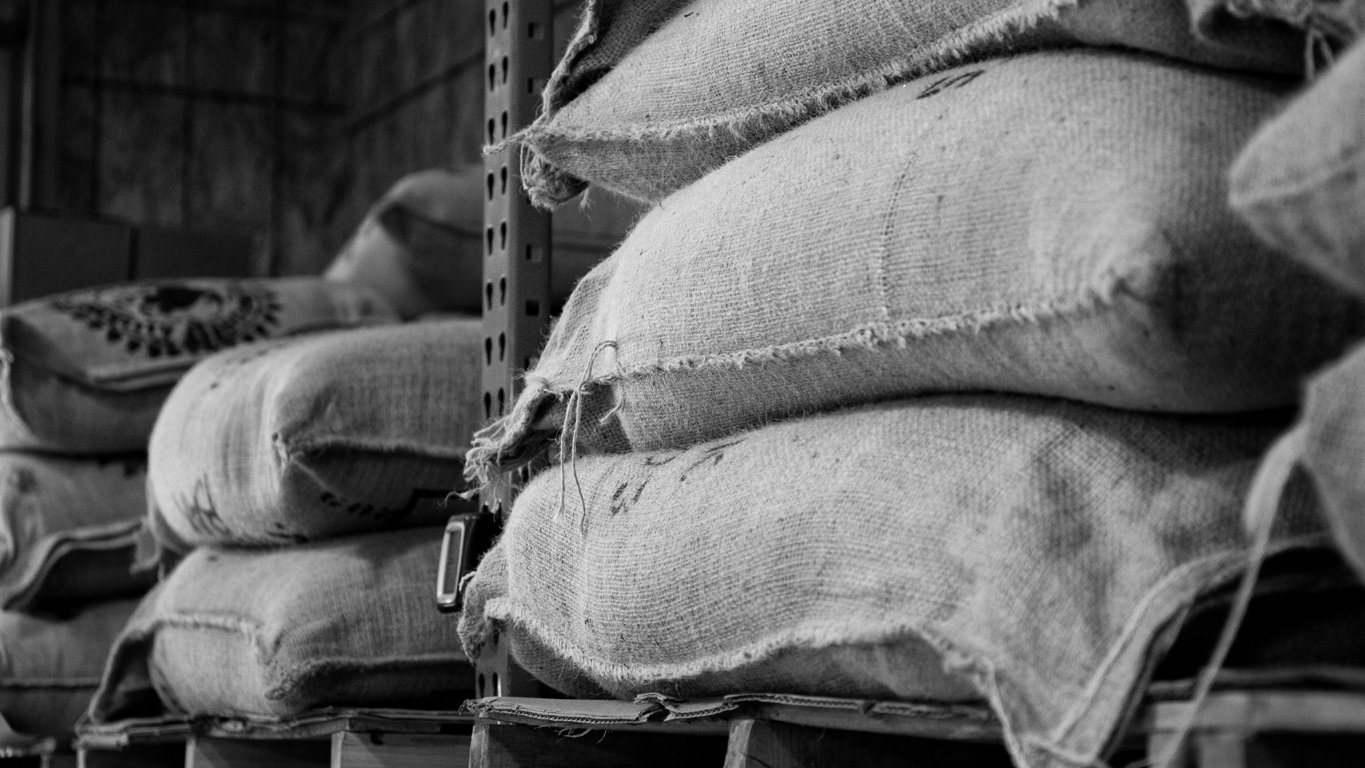
Nov 24, 2023 Connecting the Dots: Inside the 2023 Coffee Barometer Nov 24, 2023 Nov 24, 2023
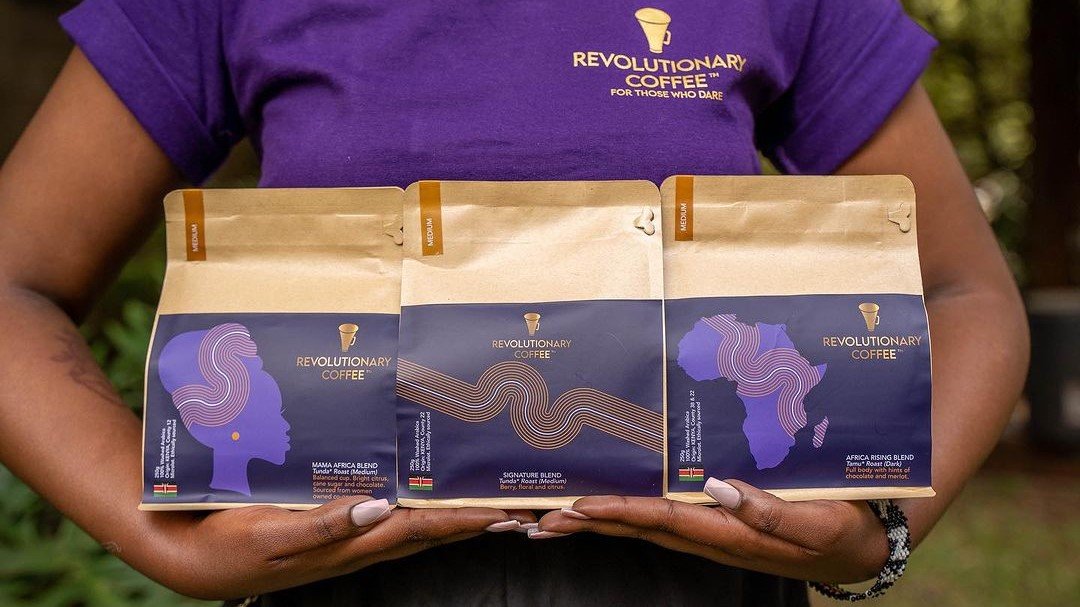
Oct 21, 2023 'Specialty Coffee Should be Enjoyed by Those Who Grow It': The Farmer's Daughter Joining Kenya's Coffee-drinking Revolution Oct 21, 2023 Oct 21, 2023
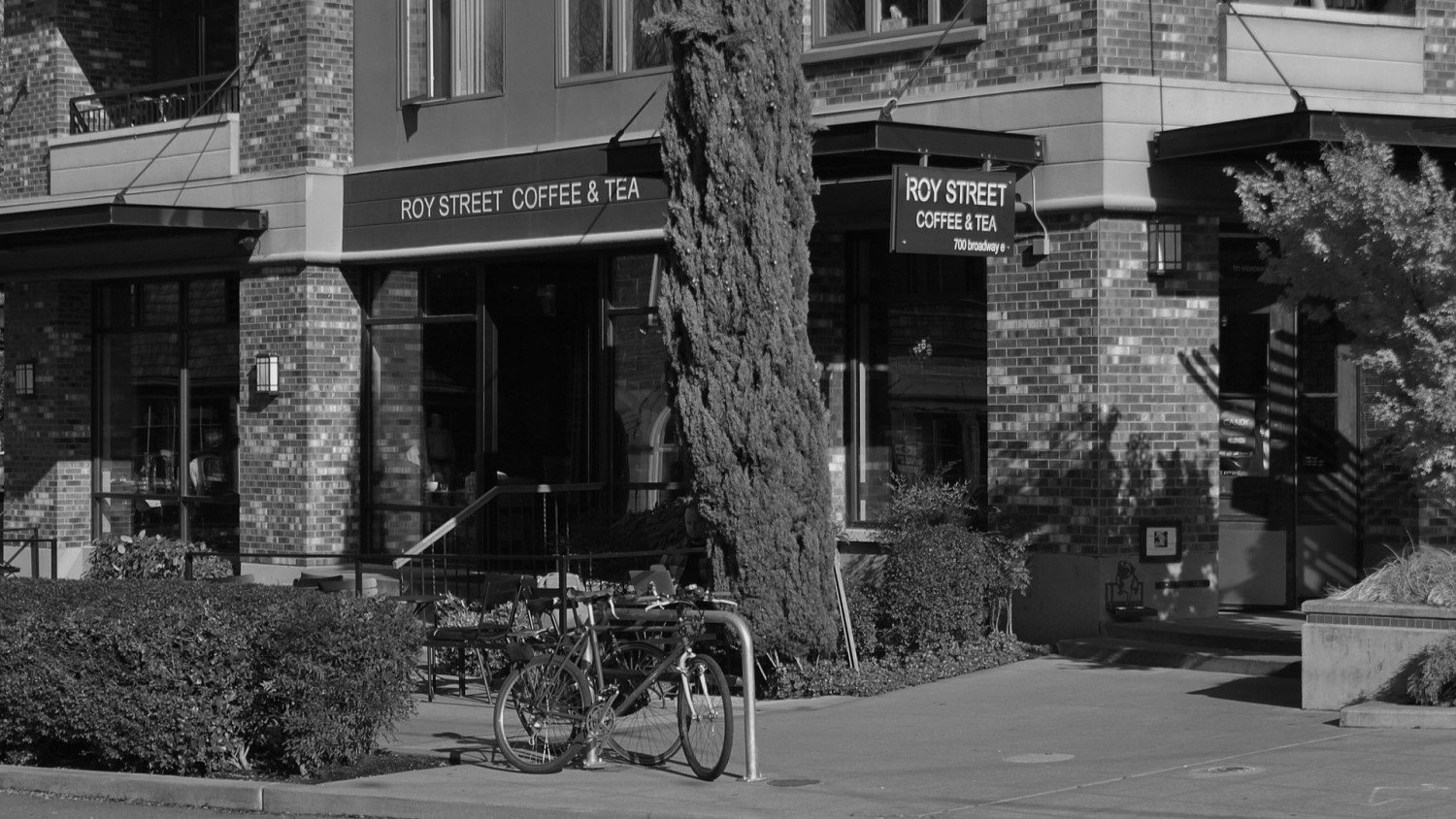
Oct 6, 2023 Stealth Starbucks: A Premonition of Modern Specialty Coffee Oct 6, 2023 Oct 6, 2023
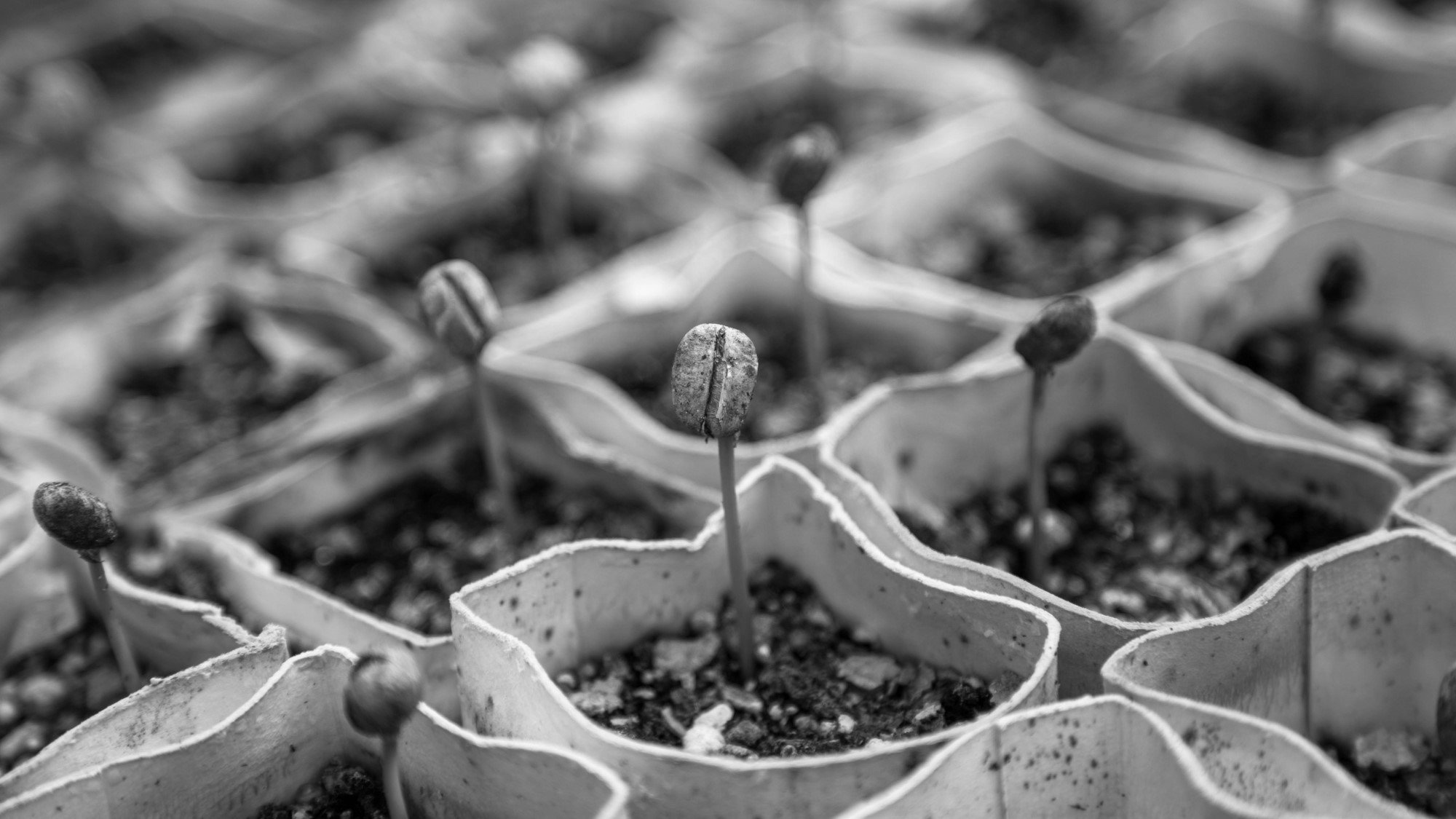
Sep 22, 2023 Can the Coffee Change Fund Save Coffee? Sep 22, 2023 Sep 22, 2023
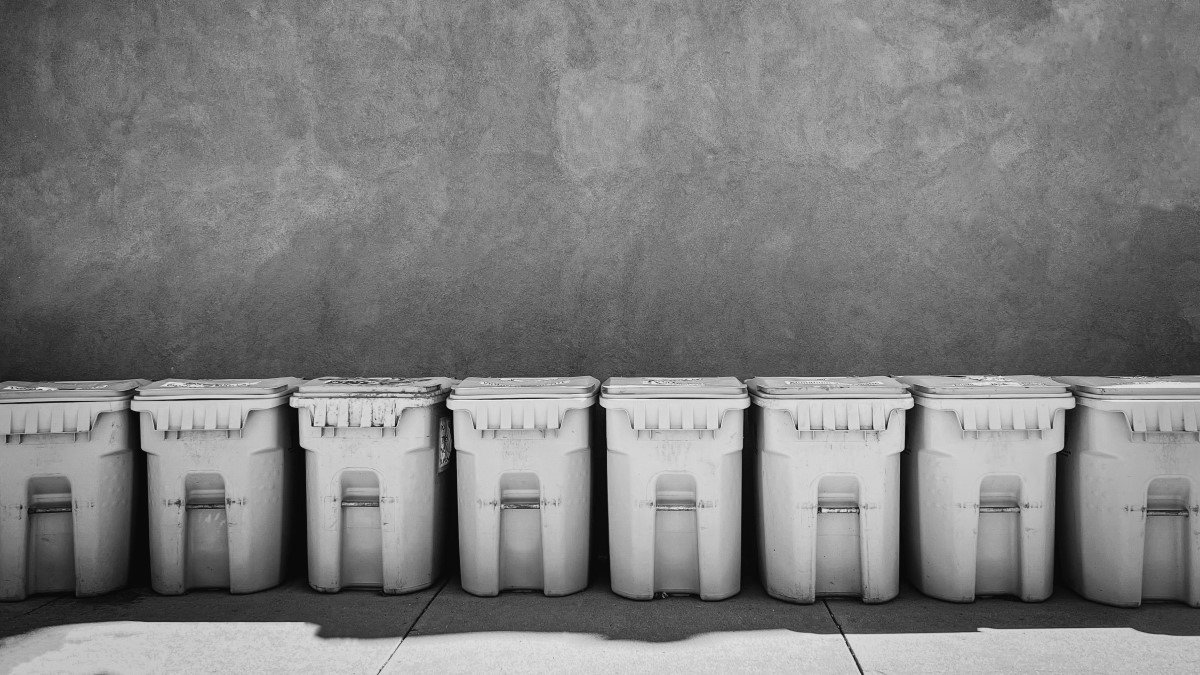
Sep 8, 2023 Upcycled Coffeewashing Sep 8, 2023 Sep 8, 2023
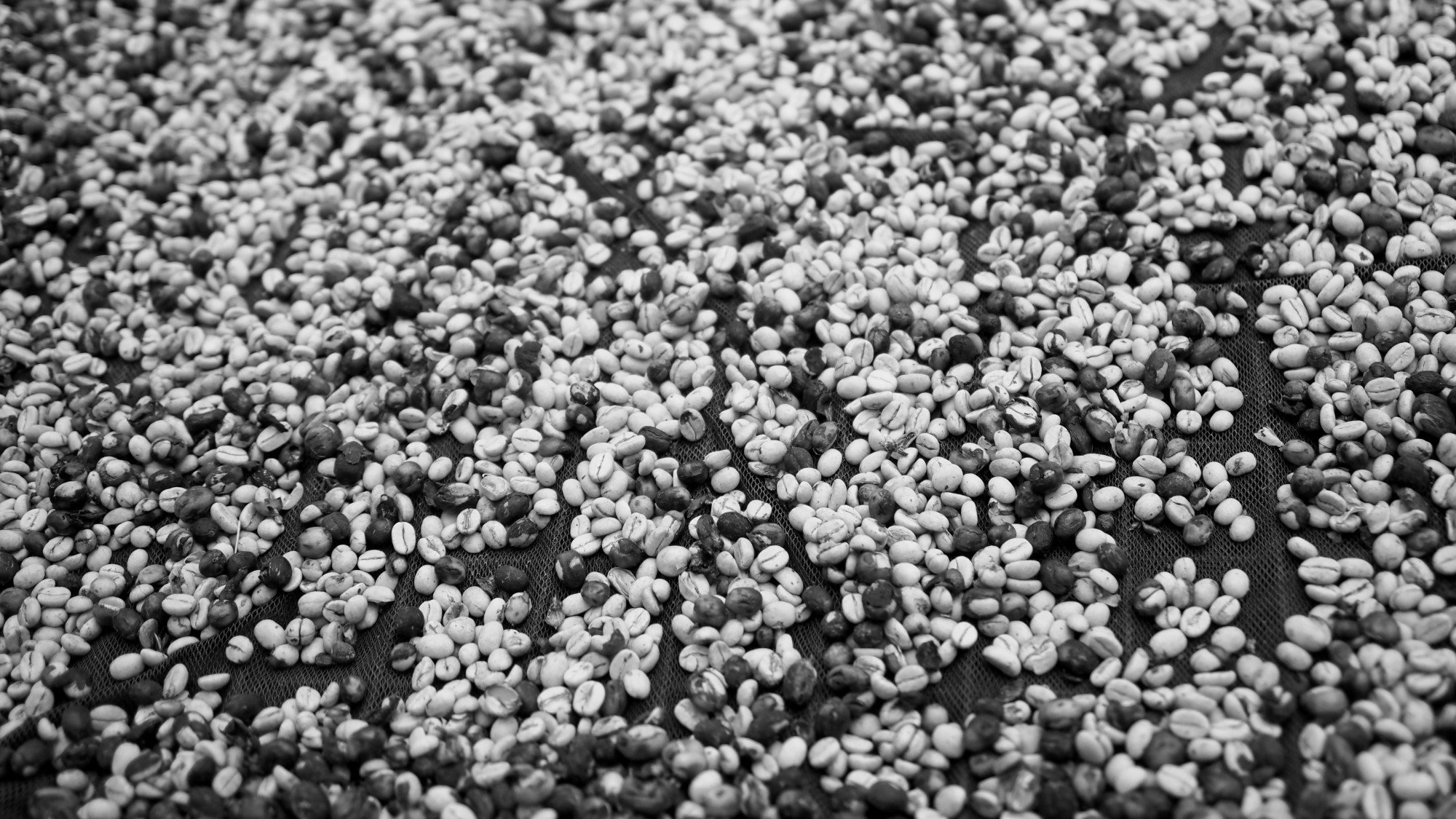
Aug 25, 2023 From A Concerned Farmer Aug 25, 2023 Aug 25, 2023

Aug 11, 2023 Philly is a (Coffee) Union Town Aug 11, 2023 Aug 11, 2023

Jul 28, 2023 South Korea's Coffee Wars Jul 28, 2023 Jul 28, 2023
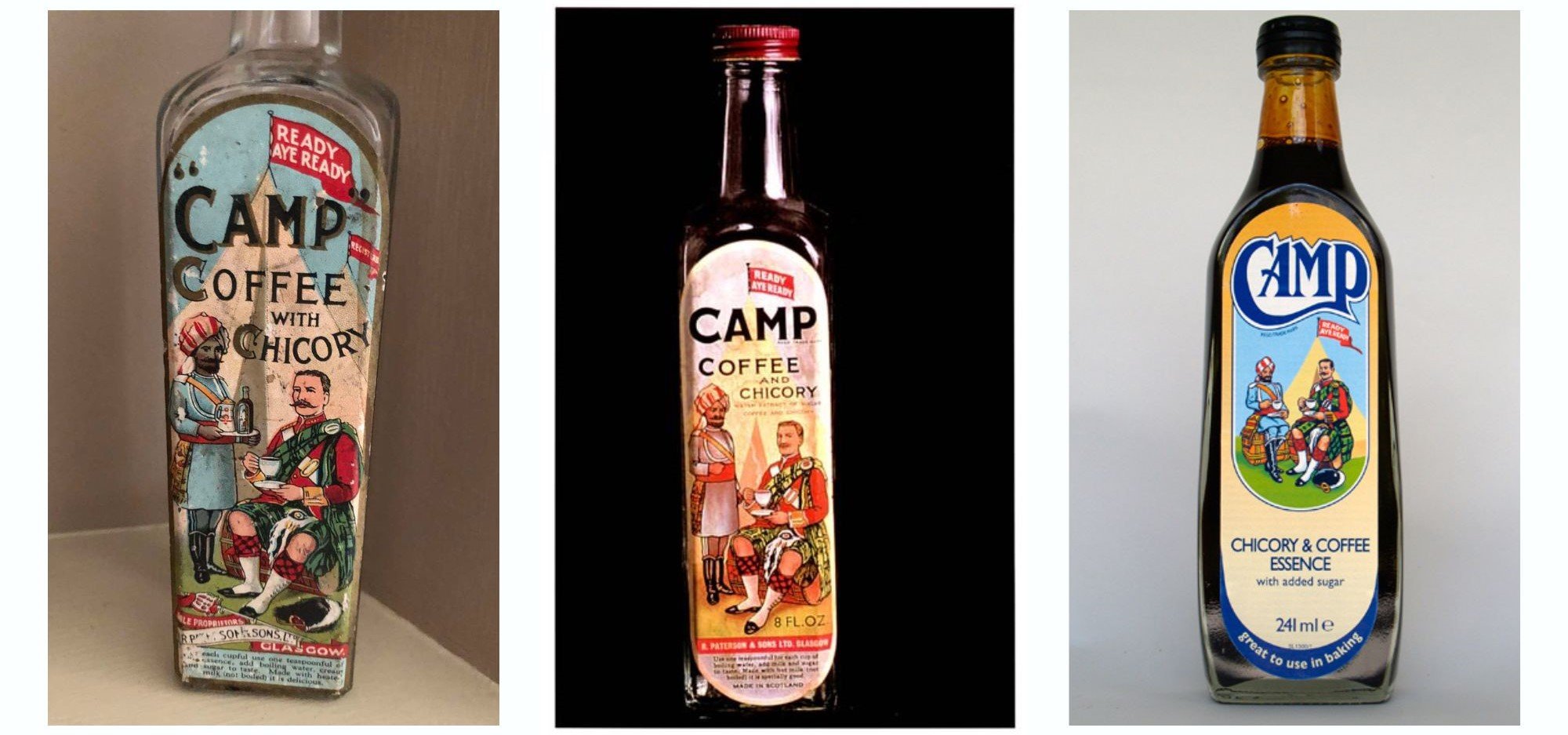
Jul 14, 2023 Camp Coffee, Colonialism, and the Evolution of a Brand Jul 14, 2023 Jul 14, 2023
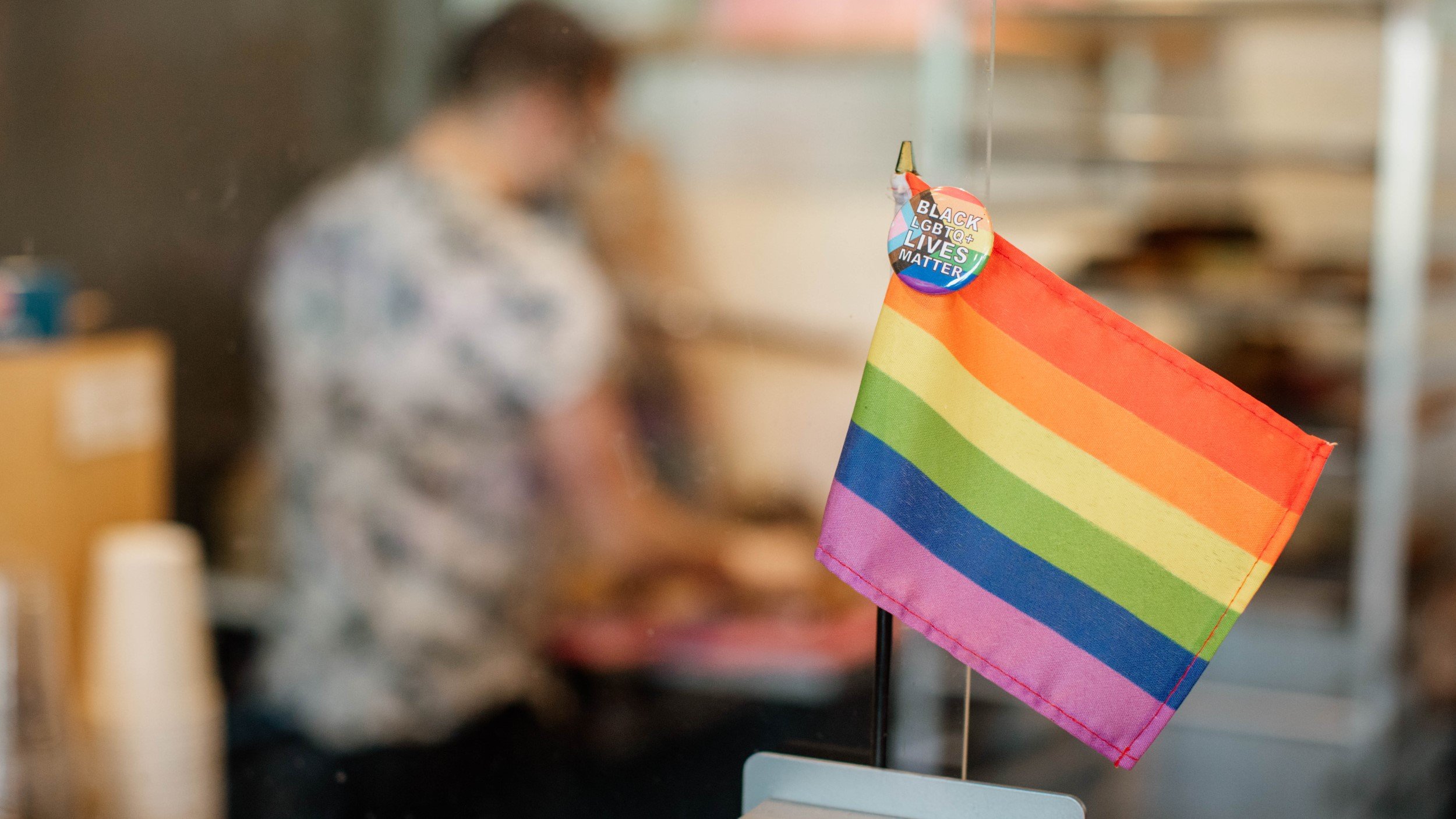
Jun 30, 2023 Defiance and Gay Frog Donuts: How Strange Matter Coffee is Navigating the Anti-LGBTQ+ Backlash Jun 30, 2023 Jun 30, 2023
Deeply researched articles exploring all the ways coffee connects to politics, history, and culture—delivered direct to your inbox